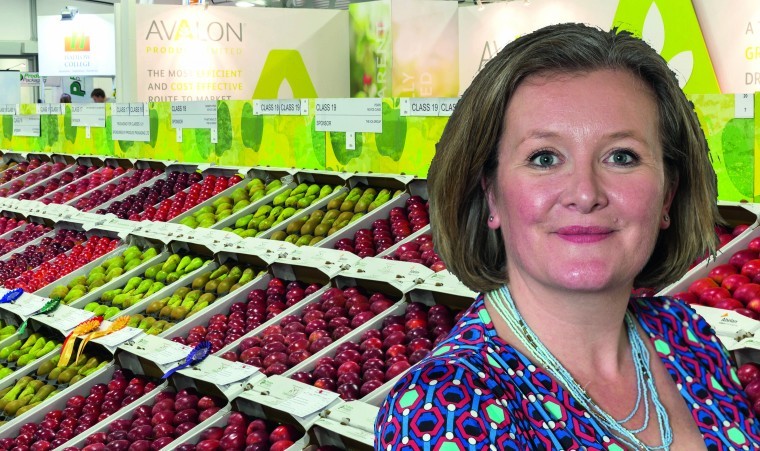The rise of flexitarianism (those who are choosing a predominantly plant based diet with a far lower amount of animal or fish protein) has reached 15 million identifying this as their diet preference in the UK. With this change in eating style vegetables are placed at the centre of their plate, many of them state climate change, greenhouse gasses and water usage as their key reason for the change away from a meat protein dominated plate. There are a lot of statistics (and you know what they say about them…) around how much a plant based diet might reduce carbon emissions but it’s also a sobering thought that one litre of almond milk takes more litres of water to produce than a kilo of beef.
A recent presentation that I heard was from Jan England of England Marketing, she never minces her words and was very clear that our consumers do trust us, they believe that their British food is safest but that they are also under economic pressure in every direction (aren’t we all?) There are strong concerns about imported product and what it will do to our farmers, the challenge being how cheap it will be which will drive demand. Plastic was, of course, a major cause for complaint but with a challenge on all fronts on single use replacement by recyclable, compostable or a plastic free format, it all has an impact on the food waste challenge too. There are some interesting statistics around about the energy, carbon and water usage required for craft paper bags and single use corrugated cardboard boxes, not as green as they seem. Clearly food waste in store will rise with overturned fruits rolling over multiple times. There really is no easy solution and loose format packing is not the answer in top fruit either, it’s three times the cost of flow wrap to put through a packhouse, that’s not a cost easily absorbed.
Water – well the environment agency water briefing shared last month states that the daily leakage loss of water is equal to the daily amount used in homes by over 20 million people (1/3 of the population). This was accompanied by some statements around how 86% of Britain’s river water bodies in 2016 did not meet good ecological status mainly due to agricultural nitrates which were responsible for 65% of failures to achieve good chemical status in groundwater protected for drinking water. On the converse side of this, more water boards have been successfully prosecuted for failing to provide safe drinking water and failing to reach their own standards of service. While Wales has announced a £43m ‘customer dividend’ in terms of infrastructure replacement and improved service there is little sign of this for England.
I learnt a new term last week, bio-tremology. For several years the top fruit sector has been using pheromone mating disruption systems and pheromone traps for orchard moths – both to confuse and also to trap and track population thresholds. Bio-tremology is the study of communication between insects by vibrations, the paper I read was proposing an investigation into the use of vibrations as a mating disruption system for capsids feeling amorous in a strawberry tunnel. It struck me that there is always so much to learn about our industry, it changes every day and is always fascinating.




